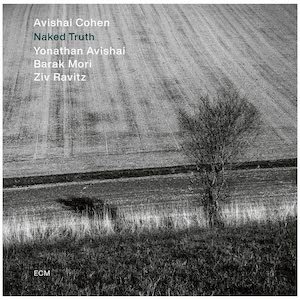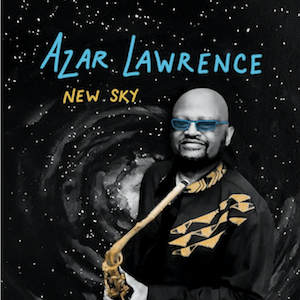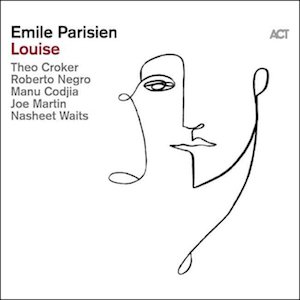Label: Not Two Records, 2021
Personnel - Rodrigo Amado: tenor saxophone; Thomas Johansson: trumpet; Jon Rune Strøm: double bass; Gard Nilssen: drums.
The saxophonist Rodrigo Amado, the most representative figure of the Portuguese free jazz scene, proceeds with fruitful international collaborations, this time leading a new quartet rounded out by three qualified Norwegian players namely, trumpeter Thomas Johansson (from the adventurous quartet Cortex), bassist Jon Rune Strøm (a regular in the Paal-Nilssen Love Large Unit), and drummer Gard Nilssen (a bandleader of excellence who spearheads the Acoustic Unity trio and the Supersonic Orchestra). Their debut, We Are Electric, consists of four improvised tracks recorded live at ZDB in Lisbon, and finds the foursome exploring creative idioms with a rare cohesion.
Clocking in at 17+ minutes, “Spark” bears a manic energy right from the start. Vivid contortions created by a saxophone that cuts in with fiery aplomb and a muted trumpet that explores timbre with logic in the phrasing, heat up the densely packed rhythmic mesh. In one minute, the frontline men engage in well-rounded motifs, but in the next they have things thriving with slapping-tongue staccatos on the saxophone and uncompromisingly keyed trumpet. At some point, the group swings, and later we are immersed in a free rock 'n’ roll from outer space. The piece ends with the horn players in absolute control, just like they do on “Response”, a number that has the particularity of being finalized with a long hoarse tenor shriek.
“Ignition” starts unhurriedly, set in motion by bowed bass and sparking brushwork. A simple two-note figure serves as an excuse to start a dialogue between Amado and Johansson, but all this is stretched and expanded into a boiling collective commotion that is interrupted by the subsequent piece, “Activity”. Here, the multiphonics, muted trumpet and palpable melodic lines denote a lyricism that counterbalances the effusiveness that comes next. They even set up a nice swinging motion and inflict a bluesy feel on this one. This is well-developed improvised music made by an intrepid quartet who knocks down all the pins in all contexts.
Favorite Tracks:
01 - Spark ► 02 - Ignition ► 03 - Activity








































